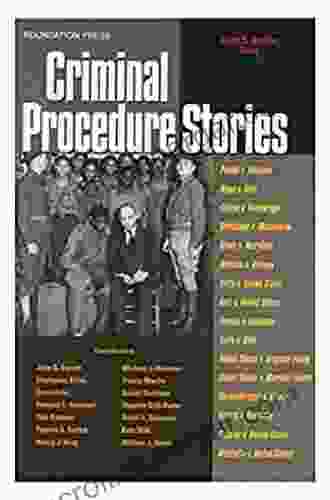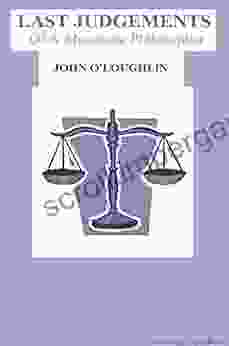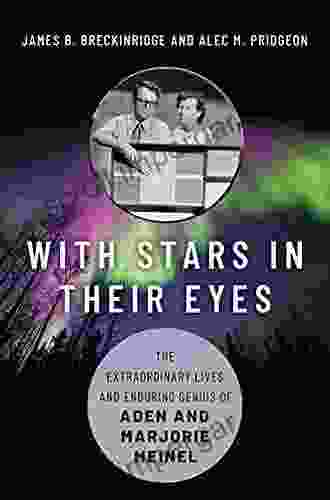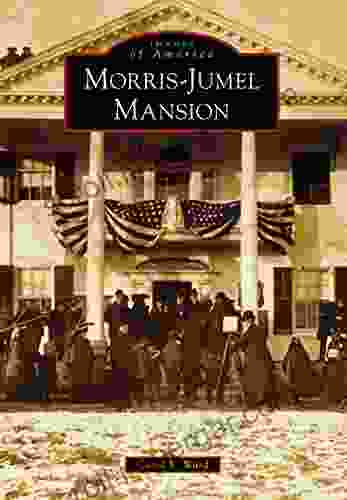An In-Depth Look: Leading Criminal Procedure Cases That Shaped the Legal Landscape

4.4 out of 5
| Language | : | English |
| File size | : | 2698 KB |
| Text-to-Speech | : | Enabled |
| Enhanced typesetting | : | Enabled |
| Word Wise | : | Enabled |
| Print length | : | 504 pages |
| Screen Reader | : | Supported |
In the realm of American jurisprudence, criminal procedure cases stand as pivotal moments that have molded the very fabric of the justice system. These landmark trials have forged legal precedents, shaped constitutional rights, and established evidentiary rules that govern the conduct of criminal investigations, trials, and appeals.
In this article, we embark on an in-depth exploration of some of the most influential criminal procedure cases in American history. We delve into the gripping narratives, legal arguments, and Supreme Court decisions that have shaped the legal landscape, safeguarding individual rights and ensuring the fair administration of justice.
Gideon v. Wainwright (1963): The Right to Counsel
Gideon v. Wainwright stands as a watershed moment in the annals of criminal justice. Clarence Gideon, an indigent man accused of burglary, was denied the appointment of counsel by the trial court. Gideon, undeterred, filed a petition to the Supreme Court, arguing that his Sixth Amendment right to counsel had been violated. The Court, in a landmark decision authored by Justice Hugo Black, ruled that the Sixth Amendment guarantee of counsel applies to all criminal prosecutions, regardless of the offense or the defendant's ability to pay.
This groundbreaking decision has ensured that every criminal defendant, no matter how poor or marginalized, has the right to the assistance of an attorney at every stage of the criminal process. Gideon's legacy endures as a testament to the fundamental principle that justice should be accessible to all.
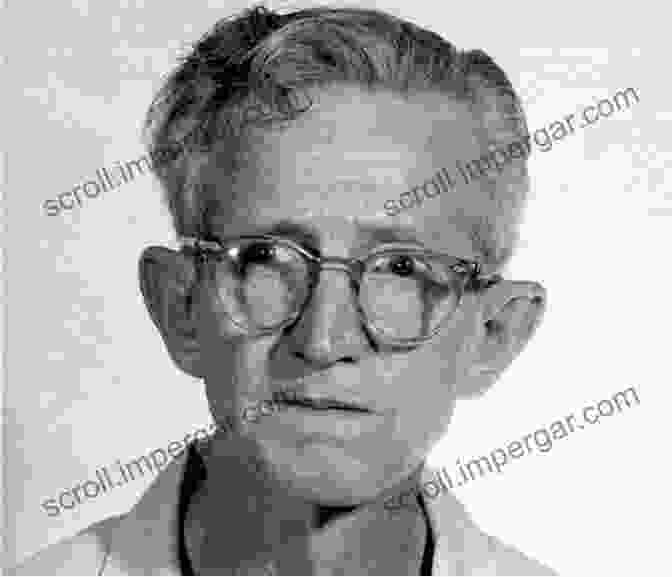
Miranda v. Arizona (1966): The Miranda Warnings
Miranda v. Arizona is another seminal case that has indelibly altered the course of criminal procedure. Ernesto Miranda was arrested and interrogated by the police without being informed of his rights. His confession, obtained under these circumstances, was admitted into evidence at his trial. The Supreme Court, in an opinion written by Chief Justice Earl Warren, ruled that the Fifth Amendment privilege against self-incrimination requires that suspects be informed of their rights before custodial interrogation. These rights, now known as the "Miranda warnings," include the right to remain silent, the right to an attorney, and the right to have an attorney appointed if the suspect cannot afford one.
The Miranda warnings have become an essential safeguard against coerced confessions and have ensured that suspects are fully aware of their rights before they speak to the police. Miranda's legacy continues to shape the balance between law enforcement's need for information and the protection of individual rights.

Mapp v. Ohio (1961): The Exclusionary Rule
Mapp v. Ohio is a landmark case that extended the exclusionary rule, which prohibits the use of illegally obtained evidence in criminal trials, to the states. Dolree Mapp was arrested after a police search of her home without a warrant. The search yielded pornographic materials, which were admitted into evidence at her trial. The Supreme Court, in a decision written by Justice Tom Clark, held that the Fourth Amendment exclusionary rule applies to the states through the Due Process Clause of the Fourteenth Amendment. This decision has served as a powerful deterrent against unlawful searches and seizures, protecting the privacy rights of individuals.
Mapp's legacy has helped to ensure that the exclusionary rule is a vital tool for safeguarding constitutional rights and preventing the admission of tainted evidence in criminal trials.

Escobedo v. Illinois (1964): The Right to Counsel During Interrogation
In Escobedo v. Illinois, the Supreme Court ruled that the Sixth Amendment right to counsel attaches once an individual is formally charged with a crime or when the investigation has focused on that individual to the point that he or she is deprived of freedom of action in any significant way.
This decision has been interpreted to mean that the right to counsel attaches during custodial interrogations, even if the individual has not yet been formally charged. Escobedo's legacy has helped to ensure that suspects have access to legal advice during critical stages of the criminal process, protecting their rights against self-incrimination and ensuring the fairness of criminal proceedings.

Terry v. Ohio (1968): Stop-and-Frisk
Terry v. Ohio is a significant case that established the constitutionality of stop-and-frisk searches under certain circumstances. Police officers observed John Terry and two other men acting suspiciously outside a jewelry store. The officers approached Terry and patted him down, discovering a concealed weapon. The Supreme Court, in an opinion written by Chief Justice Warren, held that the Fourth Amendment does not require a warrant for a stop-and-frisk search if the officer has a well-founded suspicion that the person stopped is armed and dangerous.
Terry's legacy has been subject to debate, with some critics arguing that it has led to excessive and discriminatory stop-and-frisk practices. However, the decision remains a cornerstone of law enforcement's ability to prevent crime and protect public safety.

The landmark criminal procedure cases discussed in this article have profoundly shaped the American justice system. They have established fundamental rights for criminal defendants, ensured the fairness of criminal proceedings, and set limits on the powers of law enforcement. These cases continue to be studied and debated today, as they grapple with the complex and ever-evolving balance between individual rights and public safety.
By delving into the narratives, legal arguments, and Supreme Court decisions that have shaped these cases, we gain a deeper understanding of the principles that underpin our justice system. These cases serve as a testament to the ongoing struggle to ensure that justice is blind to wealth, status, or circumstance, and that the rights of all individuals are protected under the law.
4.4 out of 5
| Language | : | English |
| File size | : | 2698 KB |
| Text-to-Speech | : | Enabled |
| Enhanced typesetting | : | Enabled |
| Word Wise | : | Enabled |
| Print length | : | 504 pages |
| Screen Reader | : | Supported |
Do you want to contribute by writing guest posts on this blog?
Please contact us and send us a resume of previous articles that you have written.
 Book
Book Novel
Novel Page
Page Chapter
Chapter Text
Text Story
Story Genre
Genre Reader
Reader Library
Library Paperback
Paperback E-book
E-book Magazine
Magazine Newspaper
Newspaper Paragraph
Paragraph Sentence
Sentence Bookmark
Bookmark Shelf
Shelf Glossary
Glossary Bibliography
Bibliography Foreword
Foreword Preface
Preface Synopsis
Synopsis Annotation
Annotation Footnote
Footnote Manuscript
Manuscript Scroll
Scroll Codex
Codex Tome
Tome Bestseller
Bestseller Classics
Classics Library card
Library card Narrative
Narrative Biography
Biography Autobiography
Autobiography Memoir
Memoir Reference
Reference Encyclopedia
Encyclopedia Dr Becky Smethurst
Dr Becky Smethurst Frederick Kaufman
Frederick Kaufman Janet Devlin
Janet Devlin Carol Dao
Carol Dao Lindsay Banks
Lindsay Banks Carolyn Hall
Carolyn Hall Catherine Sommers
Catherine Sommers Frank S Magallon
Frank S Magallon James J Caterino
James J Caterino Carol E H Scott Conner
Carol E H Scott Conner Candis Morrison
Candis Morrison Cary J Nederman
Cary J Nederman Carl Sandburg
Carl Sandburg Paul Schulte
Paul Schulte Charity Woon
Charity Woon Mike Mccallister
Mike Mccallister Catherine Whitmire
Catherine Whitmire Charles Edward Chapel
Charles Edward Chapel Caio Maximino
Caio Maximino Mats
Mats
Light bulbAdvertise smarter! Our strategic ad space ensures maximum exposure. Reserve your spot today!
 Ralph TurnerFollow ·15.1k
Ralph TurnerFollow ·15.1k Hudson HayesFollow ·10.8k
Hudson HayesFollow ·10.8k Preston SimmonsFollow ·2.4k
Preston SimmonsFollow ·2.4k Ivan CoxFollow ·16.5k
Ivan CoxFollow ·16.5k Larry ReedFollow ·18.7k
Larry ReedFollow ·18.7k Ismael HayesFollow ·18k
Ismael HayesFollow ·18k Giovanni MitchellFollow ·18.6k
Giovanni MitchellFollow ·18.6k Reed MitchellFollow ·11k
Reed MitchellFollow ·11k

 Henry Hayes
Henry HayesVery Short Introductions: A Gateway to Knowledge...
In the realm of academia, where vast oceans of...
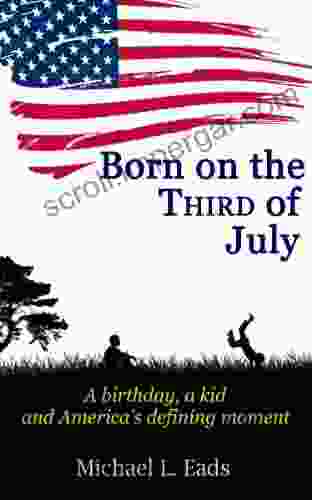
 Jean Blair
Jean BlairBorn on the Third of July: An Unforgettable Journey of...
Born on the Third...

 Benjamin Stone
Benjamin StoneEnvironmental Offsets: Striking a Balance between...
In the face of pressing environmental...

 Colin Foster
Colin FosterGirl With Power: My Boyhood Bully Diary
In this gripping and...

 Colin Foster
Colin FosterUnveiling the Unseen: The Collected Works of Charles Fort
Prepare to venture into...

 Gabriel Mistral
Gabriel MistralUnveiling the Hidden World of the English Republican...
Dive into the captivating world of 'The...
4.4 out of 5
| Language | : | English |
| File size | : | 2698 KB |
| Text-to-Speech | : | Enabled |
| Enhanced typesetting | : | Enabled |
| Word Wise | : | Enabled |
| Print length | : | 504 pages |
| Screen Reader | : | Supported |


